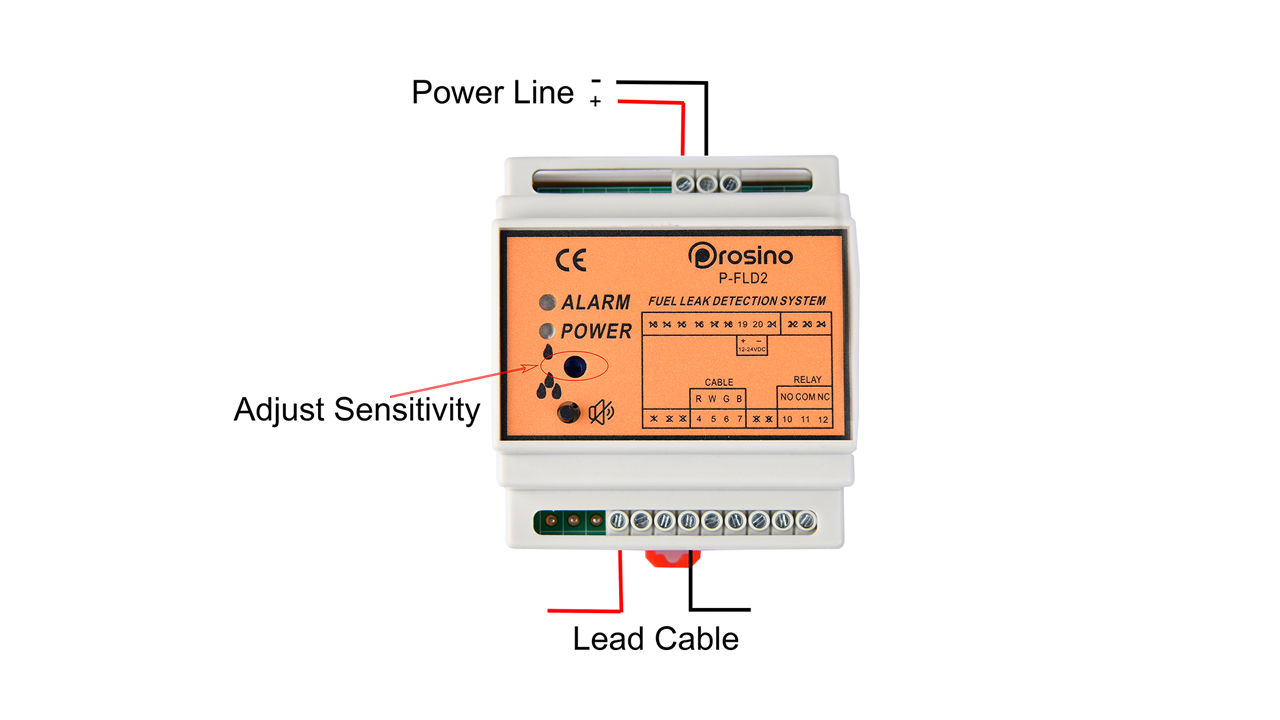The era of accelerating industrial development poses an array of technological challenges, and one such critical issue is fuel leak detection. It plays a pivotal role in various sectors such as the oil and gas industry, aviation, and maritime transportation, among others. This article sheds light on the necessity of fuel leak detection, the potential risks of unchecked fuel leakage, and the working principles of fuel leak detection systems. And the more important, find a good fuel leak detector for yourself.
I. The Necessity of Fuel Leak Detection:
Fuel leaks pose significant environmental and safety threats. Each leak, whether small or large, can have far-reaching impacts on the ecosystem and human health. Thus, understanding the necessity of fuel leak detection is the first step towards prevention.
Environmental Damage:
A fuel leak, even a minor one, can result in serious environmental damage. Fuel components, especially hydrocarbons, when seeped into the ground, can contaminate soil and groundwater, posing a direct threat to local wildlife and vegetation. In marine settings, such leaks can result in large-scale oil spills, disturbing the marine ecosystem and damaging wildlife for years to come.
Safety Hazards:
Fuel leaks can also pose serious safety hazards. Fuels are typically highly flammable; thus, a leak in a confined space can lead to devastating fires or explosions, jeopardizing human life and property. Moreover, the volatile organic compounds (VOCs) in fuel can lead to long-term health complications if inhaled over extended periods.
Early Detection and Prevention:
Given these potential consequences, early leak detection and prevention are of paramount importance. Early detection not only prevents the escalation of environmental damage and safety hazards but also reduces the economic implications of such leaks. With the right systems in place, fuel leaks can be swiftly identified, mitigated, and repaired, ensuring safety, compliance with environmental regulations, and efficiency in operations.
II. Working Principles of Fuel Leak Detection:
Various technologies and methodologies power fuel leak detection systems, each designed to identify and mitigate fuel leaks quickly and efficiently. These systems typically function on principles such as acoustic sensing, fiber optic sensing, or vapour sensing, to name a few.
Acoustic Sensing:
Acoustic sensing technology detects the noise or vibration created by a fuel leak. When a pipeline or storage tank leaks, it often creates a distinct sound or vibration that can be picked up by sensitive acoustic sensors.
Fiber Optic Sensing:
Fiber optic sensing technology can monitor temperature changes along pipelines. A sudden drop in temperature often indicates a fuel leak. The fiber optic cables detect this temperature anomaly and send alerts for possible leaks.
Vapour Sensing:
Vapour sensing technology monitors for fuel vapour in the air. If a leak occurs, the concentration of fuel vapour will increase, triggering alarms in the vapour sensing system.
These systems, armed with advanced analytics, can provide real-time insights, pinpoint the location of leaks, and assist in swift leak mitigation.
Conclusion:
The necessity of fuel leak detection and prevention cannot be overstated. In the age of industrial advancement, it's our collective responsibility to maintain a sustainable balance between progress and environmental preservation. Through fuel leak detection systems, we can ensure fuel safety, minimize risks, and maintain a proactive stance in environmental conservation. Equipped with advanced technologies, these systems hold the key to identifying and mitigating potential fuel leaks, safeguarding our world from potential ecological and safety hazards. They act as silent guardians that keep our industries running smoothly, protecting our environment and ensuring our safety.


